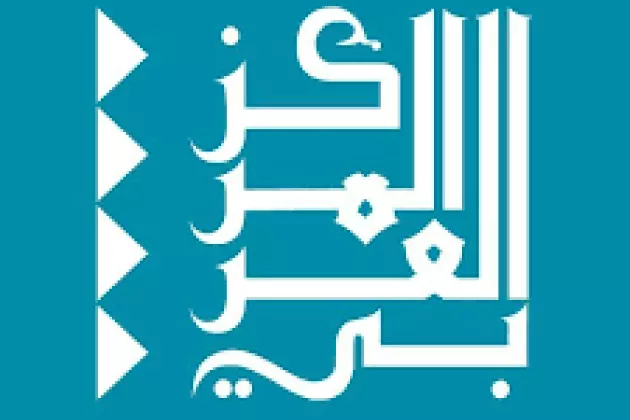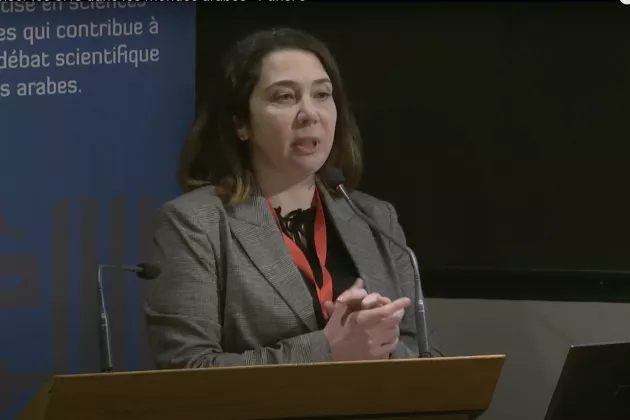Women’s political participation is often seen as a benchmark for democracy, especially since the passing of Resolution 1990/15 of the UN Economic and Social Council. The number of women in Arab legislatures has increased dramatically since the start of the new millennium, reaching a high of close to 18 percent in 2020, up from a low of 3.5 percent in 2000. What explains this great increase in female representation? In her 2019 book, political scientist Aili Mari Tripp argues that most Arab regimes adopt women’s rights as a way to seek legitimacy, and especially to counter Islamist groups that often advocate a conservative approach to women’s role in society. These Arab regimes often position women (especially middle-class urban women) as a counterbalance to conservative and extremist tendencies in society. In other words, Arab regimes instrumentalize women’s rights and use them strategically to achieve stability. This strategy has been called “gender-washing,” and can be compared to Israel’s practice of pinkwashing, wherein the Israeli government attempts to hide its oppression of the Palestinians by presenting a progressive face to the world through the exploitation of LGBTQ+ concerns.
Women’s Rights and “State Feminism” in the Arab World

CMES researcher Rola El-Husseini Dean has authored an article published by the Arab Center Washington DC.



